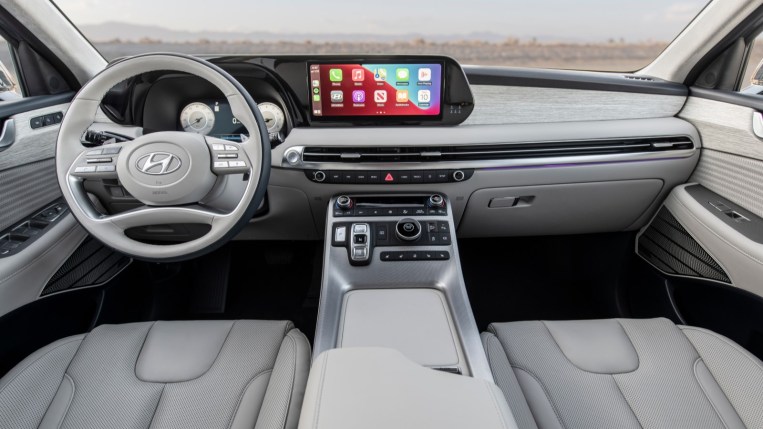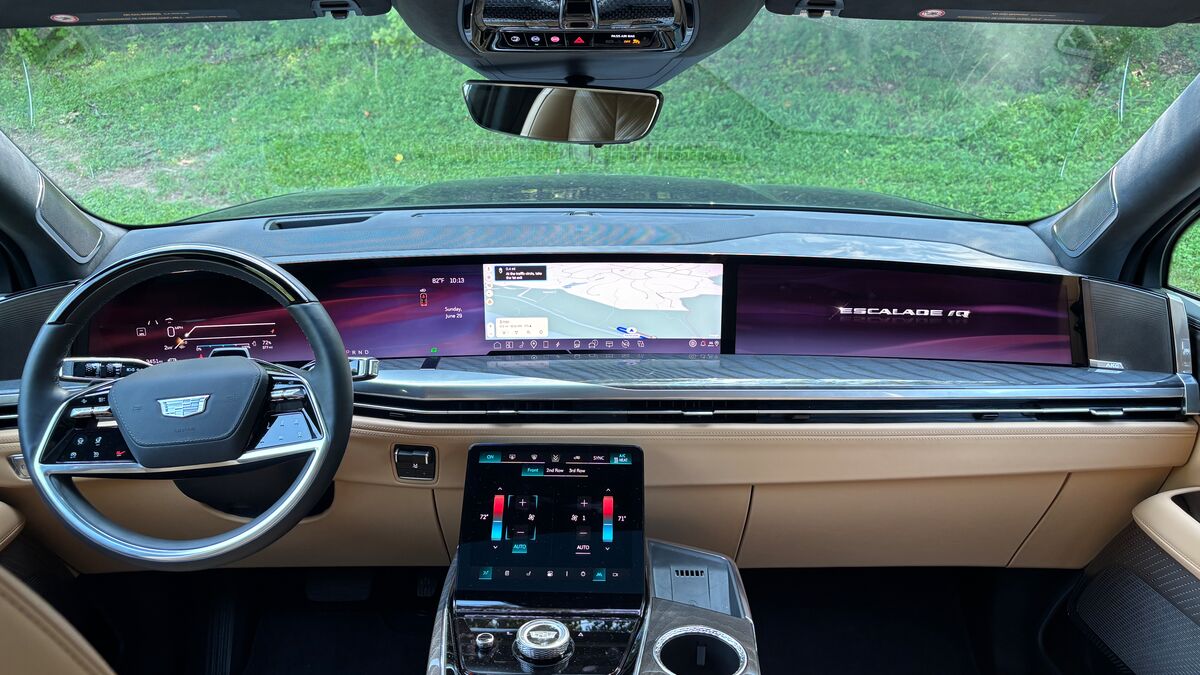
Three-quarters of respondents said they expect most features and services to be part of the total purchase price of a new car. Only 25% were willing to pay a monthly fee to access some features.
Analysts from Cox Automotive surveyed consumers who intend to purchase a vehicle in the next two years for the study. Cox Automotive is the parent company of Kelley Blue Book.
Is This Real?
No automaker in the U.S. has started selling car features via monthly subscription. But several have experimented with the idea.
The same new technologies that make our cars ever more connected make it possible for automakers to modify them after we buy them. Over-the-air software updates can change the features and even the performance of modern cars.
Not long ago, for instance, reviewers from Consumer Reports complained about the braking distance of the Tesla Model 3. So Tesla improved it. Remotely. With a software update.
In that case, the improvement was free. But automakers have discussed charging for upgrades and features.
Automakers Have Suggested Fees for Added Performance, Better Lights, and More
Volkswagen has taken the idea furthest with its Project Trinity concept car. Like many of today’s new electric vehicles (EVs), Project Trinity uses two electric motors, one on each axle. VW has suggested it could leave one active at all times and allow owners to activate the other for extra horsepower for a fee.
Owners could unlock more horsepower, sportier suspension tuning, and more responsive steering per-hour or per-mile. Commuting to work in traffic? You could leave the base settings in place. Find an open road on the weekend? You could enjoy the driving experience more, but it will cost you.
In a separate presentation, a VW executive suggested the company could offer self-driving technology with prices structured like train tickets. As long as having the car drive you to another city would cost less than taking the train, the theory goes, some drivers might choose to activate it.
Other automakers have toyed with less aggressive strategies, such as charging a monthly fee for access to heated steering wheels. Audi tested the idea in Germany and Norway last year, giving buyers more advanced headlights for a 3-month trial period, then charging a monthly fee to keep them. Hyundai told investors in 2020 it planned to test features on demand, though it never set a date and hasn’t followed through on the suggestion.
Shoppers Aren’t Playing Along
But, in Cox Automotive’s survey, only 25% of shoppers expressed a willingness to consider the idea.
Of those who might entertain paying for features:
- More than 80% would consider paying more for added safety features, like automatic emergency braking. They’d pay up to $35 a month to activate them.
- Those willing to pay for added performance would pay $20 to $25 per month for it.
- Shoppers willing to pay for creature comforts like heated-and-cooled seats or remote start would pay $15 to $31 per month for them.
But most respondents were unwilling to pay a monthly fee for any features or services.







